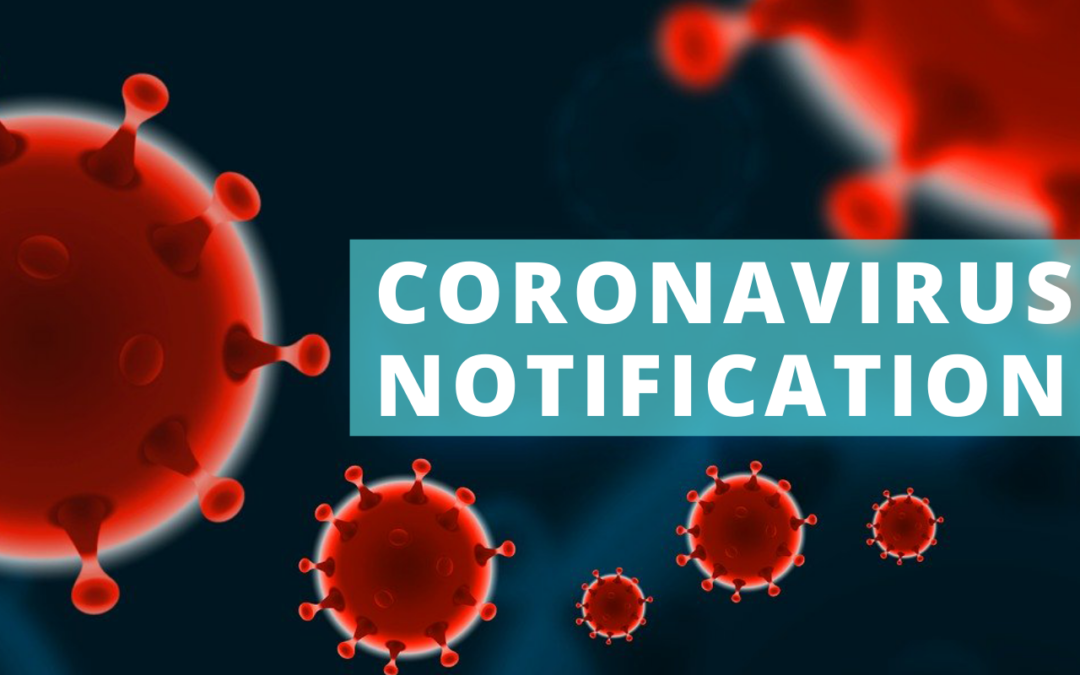How Our Center is Protecting You from Coronavirus
Coronavirus Disease (COVID-19) Health Alert:
To help us provide the safest care for all of our patients during the coronavirus spread:
- If you have fever, cough, body aches and/or shortness of breath; or
- If you (or someone close to you) have recently traveled outside the USA, have been on a cruise ship within the past two weeks, or have had close contact with someone who recently has been diagnosed with coronavirus (COVID-19),
Do NOT come to the center. Please call us for further instructions.
If you are having severe symptoms such as shortness of breath, please call 911 and seek emergency care.
Ensuring the safety of our patients is our utmost priority, and while the Coronavirus is a concern for some, we want you to know that we are closely monitoring the situation and taking steps to keep everyone as safe as possible.
Not only is our center governed by the Ambulatory Accreditation Association for Ambulatory Health Care (AAAHC) and Medicare to ensure your safety, but we have also taken extra steps to follow CDC and World Health Organization Guidelines regarding COVID-19.
Ambulatory Surgery Centers vs. Hospitals
Ambulatory surgery centers, like ours, are quite different from hospital settings. If you have a procedure scheduled at a surgery center, you meet certain health criteria that allows you to have your procedure completed outside the hospital environment. Simply, our patients are generally healthier than patients needing a procedure at a hospital, thus decreasing your chances of contracting illnesses.
What is the COVID-19?
Coronaviruses are a family of viruses that typically cause mild colds. Coronaviruses are a large family of viruses. Some cause illness in people, and others, such as canine and feline coronaviruses, only infect animals. Rarely, animal coronaviruses that infect animals have emerged to infect people and can spread between people. This is suspected to have occurred for the virus that causes COVID-19.
What are COVID-19 Symptoms?
The following symptoms may appear 2-14 days after exposure:
- Fever
- Cough
- Shortness of breath
How to Avoid COVID-19
Follow the CDC’s recommendation for preventative steps to keep yourself healthy. This includes but is not limited to:
- Avoid close contact with people who are sick.
- Avoid touching your eyes, nose and mouth.
- Stay home if you are sick.
- Cover your mouth with a tissue when you cough or sneeze, then throw the tissue in the trash.
- Clean and disinfect frequently touched objects and surfaces using a regular household cleaning spray or wipe.
- Follow CDC’s recommendations for using a facemask.
- CDC does not recommend that people who are well wear a facemask to protect themselves from respiratory diseases, including COVID-19.
- Facemasks should be used by people who show symptoms of COVID-19 to help prevent the spread of the disease to others. The use of facemasks is also crucial for health workers and people who are taking care of someone in close settings (at home or in a healthcare facility).
- Wash your hands often with soap and water for at least 20 seconds, especially after going to the bathroom; before eating; and after blowing your nose, coughing or sneezing.
- If soap and water are not readily available, use an alcohol-based hand sanitizer with at least 60% alcohol. Always wash hands with soap and water if hands are visibly dirty.
What Should I Do if I’m Sick?
If you are experiencing any of the above symptoms, please stay home! We do not need to see you at our center. Please call us, and we will be happy to reschedule your procedure.
We do not have any more specific information than what is recommended by the CDC. Furthermore, these recommendations may change from day to day. We will continually update as we receive information.

